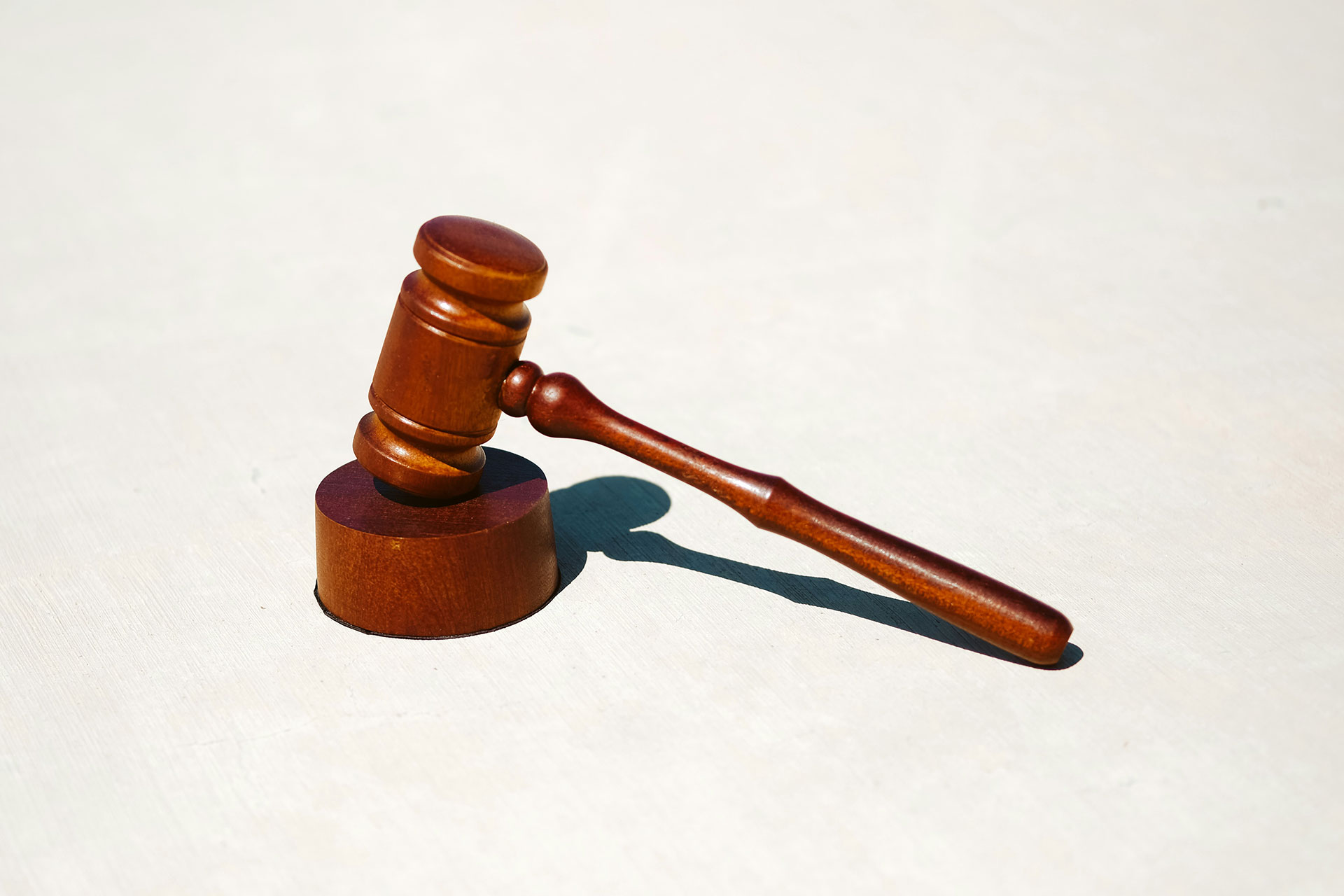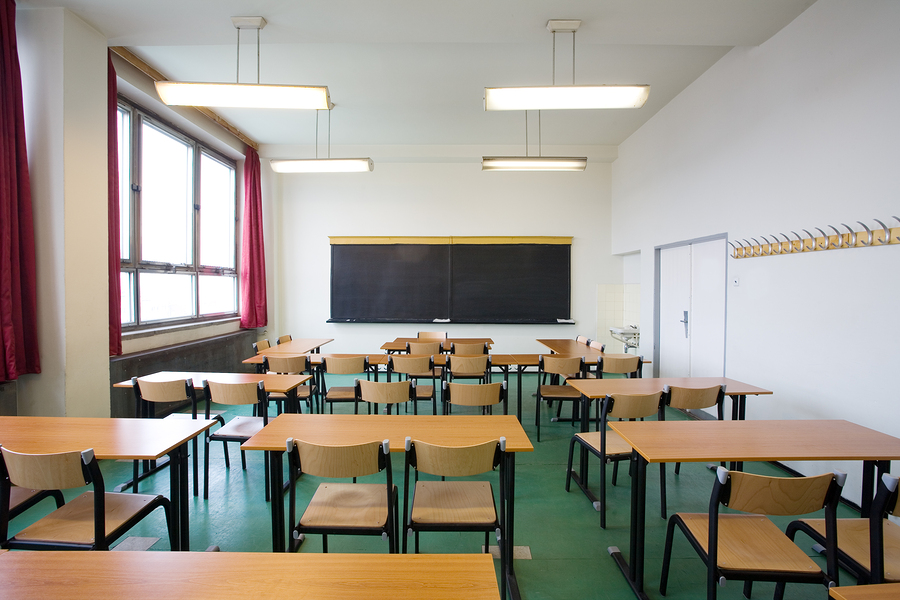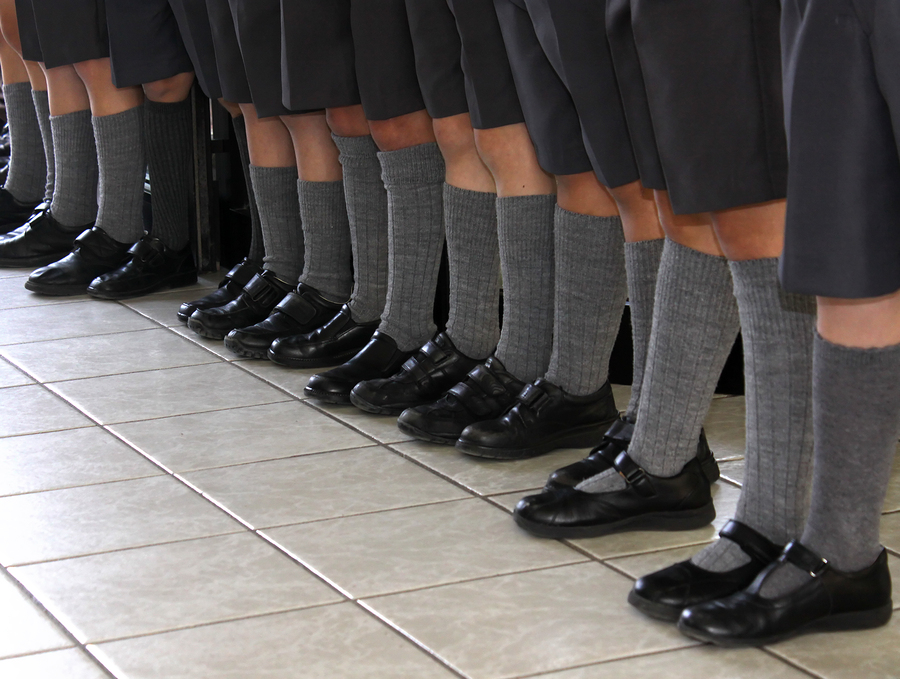Assessment of Liability: Child Abuse and Injury in Residential Care
In my profession as an education administration and student supervision expert, I have observed that residential schools and boarding schools present a higher duty than day schools to supervise children and a greater opportunity for the school to be found liable for child abuse and injury. When children are living...









